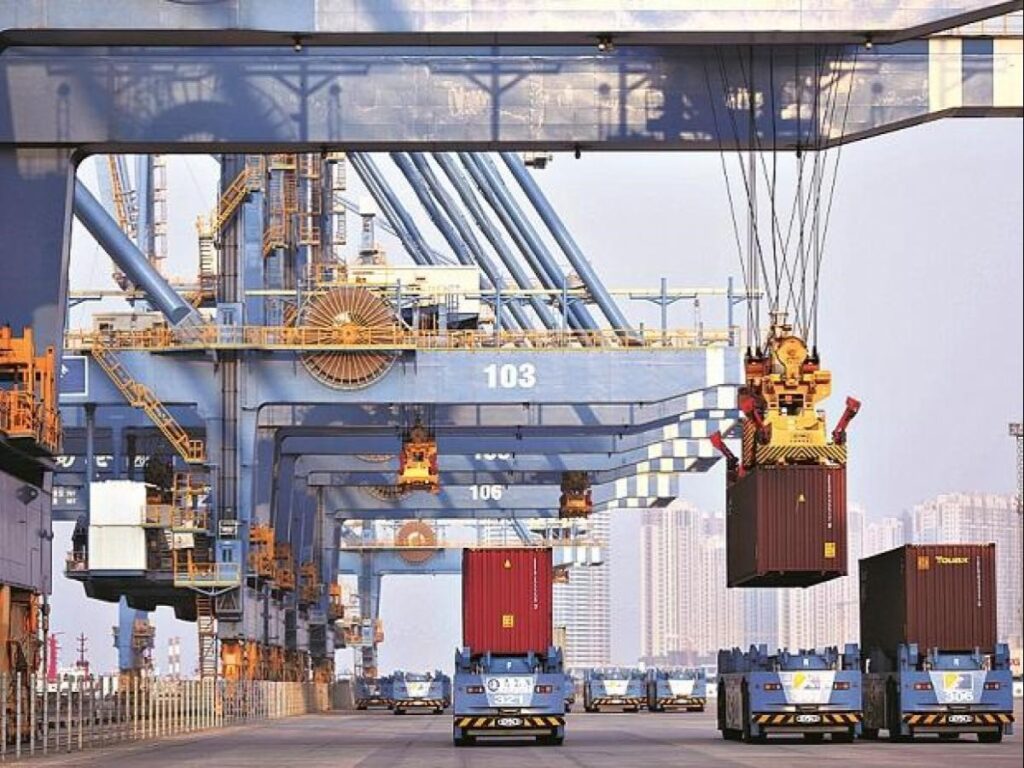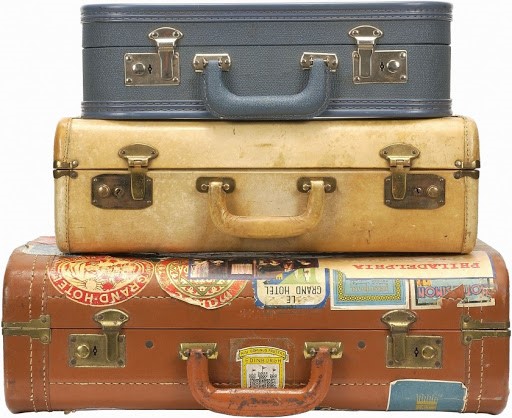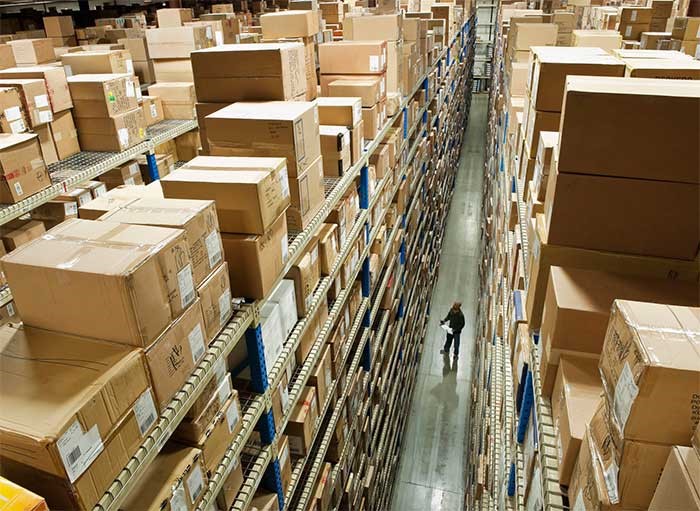Hello, welcome to Daghigh Business Group website.
Customs laws
These days, many Iranians are trying to export goods produced in Iran abroad. Meanwhile, many people who work as researchers try to import their equipment and materials from abroad. Meanwhile, the Iranian customs must prevent the smuggling of goods into and out of the country by examining and analyzing each of these activities. Therefore, if you, as a trader, intend to export your products abroad, you should be aware that the customs rules will also apply to you. You can use customs laws to prevent the smuggling of goods and the loss of national capital and the destruction of the country’s currency. Therefore, it is better to be with us until the end of this article to be aware of these rules.

What are the customs laws of Iran?
In general, any person who intends to export or import goods inside Iran, all his activities must be registered with the Iranian Customs Organization. Therefore, this large and important organization intends to prevent some of the smuggling that takes place in the country and abroad by passing some laws. In the meantime, we intend to explain some customs laws.
- Goods maintenance
- Collection of customs revenues
- Ensure proper implementation of commercial laws
- Supervise the implementation of laws related to the export of goods
- Supervise the implementation of laws related to the transit of goods
- Monitoring the permits for the import of goods into the country
- Monitoring services related to the unloading of goods
What are the customs rules about cargo with a passenger?
In general, the customs of Iran and the customs of any country, when foreign travelers leave that country, must have a cargo in accordance with the customs of that country. Therefore, foreign travelers should be familiar with the amount of cargo they can take out of that country. In general, foreign travelers carry two types of cargo when leaving a country. The passenger’s personal belongings and the goods he has bought with him can all be counted as his luggage when he leaves the country. Therefore, passengers’ personal belongings can not have the aspect of commercial goods. Because according to the discretion of the customs, any goods that have a commercial aspect, must have a business card. Travelers leaving Iran may want to take these products, which we want to introduce you to the types of cargo that travelers take with them from Iran.

Nuts
Some foreign travelers carry Iranian nuts with them when leaving the country. Therefore, Iranian Customs has announced the amount of virtual cargo that passengers are allowed to carry with this type of product. In general, the export of Iranian nuts is not commercial, and there is no need to obtain a business card. Therefore, travelers can buy and export 10 kg of pistachios and 100 g of saffron per person from Iran. Therefore, if these amounts are added, passengers have a duty to pay the cost of transporting the overload to the Iranian customs.
Carpets and kilims
Foreign travelers are very interested in buying and leaving carpets and kilims. Therefore, Iranian Customs has approved laws for foreign travelers to export this famous and well-known product. In the meantime, each passenger can take 20 square meters of Iranian carpets and kilims out of Iran. In the meantime, the only point is that the departure of Ira carpets, which has a historical aspect, is not allowed.
Currency accompanying the traveler
For currency transfer, the Central Bank of the Islamic Republic of Iran is allowed to withdraw cash up to a maximum of $ 5,000 or its equivalent in other currencies for each passenger.
Gold and silver
Travelers can take a maximum of 150 grams of their personal gold out of Iran. Some travelers buy silver handicrafts to buy souvenirs for their families, so you can take up to 2 kg of this type of utensils out of the country.
In general, works of art, antiques, weapons and ammunition are among the items that no traveler can take out of the country.
What are the customs rules for special economic zones?
Special economic zones have been created for certain activities. Therefore, you can create special economic zones by determining the scope, comprehensive plan, type and activity allowed and physical plans. In general, those who work in these areas are exempt from paying any common taxes in the country. In general, all activities based on the import and export of goods with foreign countries in these areas are exempt from customs duties, commercial profits and all available duties. In general, goods that are imported into the country for use and consumption are among the cases of domestic transportation to the country.
What are the customs laws of the free zones?
Goods that enter the free zones from abroad to other parts of the country and free trade zones. If these goods and products in the field of materials are the tools intended for the construction of a production unit or infrastructure services, they are exempt from paying port and airport tolls at the discretion of the regional organization. But for these goods, service costs are charged. Machinery and raw materials of factories and productions are exempted from port and airport tolls in case of import and export. But these goods are subject to payment of service costs. Export and exit of goods from free zones is allowed.
What are the customs rules for goods accompanied by a passenger?
Incoming travelers who intend to enter Iran should know which goods and products they can import into Iran. In the meantime, we intend to fully explain the customs rules for passenger goods.
1- In general, Iranian and foreign travelers who intend to enter Iran, should know that if the goods are not commercial, they do not need to pay entrance fees.
2- In general, personal belongings and accompanying passengers, if they are not commercial, do not need to pay customs duties and commercial interest.
3- The entry of currency into Iran to any extent is unimpeded for domestic travelers. After arriving in Iran, domestic travelers must submit a foreign currency declaration to the branches of Bank Melli and receive their certificate from the bank.
4- The entry of gold and jewelry with passengers is allowed to the extent that they are used. Therefore, in case of additional import of jewelry, permission must be obtained from the Central Bank of the Islamic Republic of Iran before entering Iran.
Prohibited items for export and import
In general, Iran has banned the import and export of some products into the country and abroad. Therefore, domestic travelers and foreign travelers should be familiar with these cases, so as not to create problems for them when entering and leaving Iran. In general, the Iranian customs prevents the entry and exit of immoral goods inside and outside the country by monitoring and examining the goods transported by domestic and foreign travelers.
- drugs
- alcoholic drinks
- Gambling tools
- Images that do not conform to Islamic standards.
- Types of weapons, both cold and hot.
- Any kind of writing that is not in line with religion, Islam and Islamic values.
Analysis of Customs Law
In general, those who intend to operate as producers and exporters in the country should be familiar with the terms related to customs laws. Therefore, you can easily get acquainted with customs laws by learning some terms. In general, in the customs circular of the Islamic Republic of Iran, it is necessary to know these concepts and cases.
Commodity declaration
According to the provisions of the Customs Law, the declarant must specify an oral or written statement on the customs procedure of her goods or provide information on the implementation of customs regulations.
The declarant
A declarant is a person who submits a declaration of goods to this organization in accordance with customs regulations.
Customs places
In general, warehouses, docks, airports, wharves, railway stations are areas under the supervision and management of Iran’s customs. These spaces are for storing and storing goods, in order to carry out customs activities. Therefore, in these spaces, there are customs warehouses, private warehouses and public cold stores.

What does the Iranian Customs Circular include?
In general, in the new customs directive, there are rules that people who intend to leave or enter the country, must be aware of this directive, to carry out their activities. Meanwhile, the Customs Code is another important law that must be considered. Customs clearance is one of the things that can help people in clearing goods. Some travelers need a bill of lading through which they can clear their goods to clear their customs. Customs clearance is one of the ways to help speed up the clearance of your goods. Using a customs clearance can help you clear your goods within a few hours. In simpler language, using customs paper can help you clear your cargo quickly.
Conclusion
These days, many people are trying to help the country’s exports and imports through activities. Meanwhile, the Iranian Customs Organization is trying to prevent the smuggling of goods into and out of the country by passing new laws. Therefore, you can easily export and import your products and goods abroad by being aware of the laws related to customs affairs. Meanwhile, people who leave and enter Iran as domestic and foreign travelers must also comply with the country’s customs laws. In the meantime, passengers can carry some goods with them, among which goods that do not contradict the laws of Iran, can be easily moved. Therefore, if the amount and amount of cargo transported by you is more than the specified amount, you are obliged to pay the cost of cargo to the customs of Iran and the country of origin.
